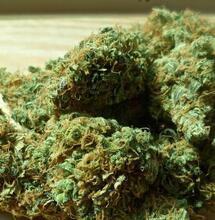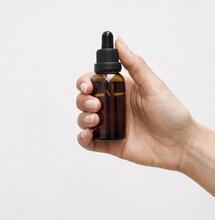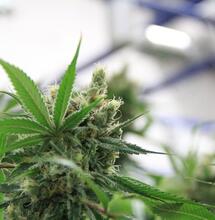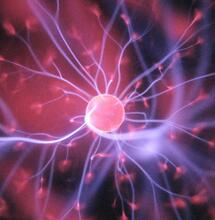Cannabis and Depression
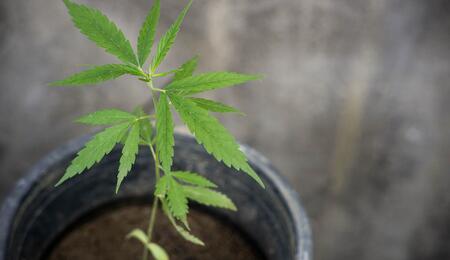
Cannabis consumption and depression often go together hand in hand. People with the condition rely on cannabis products to experience relief from depression symptoms. However, depression is very broad term. It's a condition with various nuances. And while Cannabis sometimes is the answer, in some cases, it's not the best recommended option.
How Can Cannabis Help with Depression?
Cannabis may ease depression symptoms. Many people who use cannabis for depression claim it helps them feel more relaxed, happy, and at ease. It's also worth noting that choosing the right strain to combat depression with cannabis is important. Some cannabis strains are designed to induce entirely different effects on the body and might not be suitable for mental health problems like depression, mood disorders, or anxiety.
Scientific studies on this subject suggest that cannabis offers relief from depression in the short term, which indicates that occasional or seasonal use may be more appropriate.
One study from 2020, published in The Journal of Biology and Medicine, claims that about 95% of people said marijuana gave them rapid short-term relief from depression. Similar findings were reported in another study from 2018 in the Journal of Affective Disorders. It found that those who took small amounts of weed, or just two puffs, experienced a reduction in depression symptoms by about 50%. However, continued use in some cases allegedly worsened the symptoms. Which brings us down to the question: can cannabis always help with depression?
The first thing to know about depression is it has a broad spectrum of manifestations. It's a condition that can present in numerous different ways with symptoms that range from prolonged melancholia and sadness to total loss of interest in the world, including no wish to eat or shower. It's also a condition that can be derived from various factors, such as genetics, substance abuse, severe stress, and other medical conditions. Some mood disorders are temporary, some are seasonal, and sometimes it's a clinical illness that may require other medicines and close monitoring from health professionals.
Cannabis can significantly help in some cases, but it won't do for everyone. It also depends on how the person responds to Cannabis. A lot of users report that while they have nothing against antidepressants to treat their condition, weed is just the better of the two options. At the same time, some find better comfort in "conventional" medicines, either because their body does not tolerate marijuana so well or their condition has become just a little more complex and may require other treatment solutions.
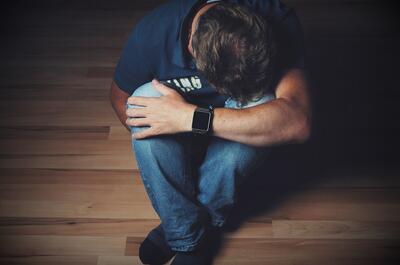
What Type of Cannabis Products Can Help with Depression?
THC products are always good to give a little boost when you are feeling down. Some strains just work fantastically to juggle the brains and lift up the mood.
However, when depression is accompanied by anxiety, THC can backfire. In this case, it's safer to go with CBD products. Research confirms that even with small CBD doses, there are considerable improvements in those struggling with depression and anxiety.
Products that combine both THC and CBD may also target depression, especially when it's accompanying other conditions such as chronic pain.
Overall, CBD can have great benefits for depression when it stems from factors such as anxiety, cognitive impairment, stress, disturbed sleep, pain, etc. There is substantial anecdotal evidence that says CBD helps in these circumstances. Science is also catching up to confirm that.
What Does the Research Say?
Depression is linked with low serotonin levels (the happiness hormone). Anxiety is also linked to low serotonin. CBD's effect on serotonin may partially explain relief from depression. CBD has a very positive interaction with the brain's serotonin receptors. While it may not increase the level of serotonin, it influences how the brain receptors respond to the serotonin that's already within the system.
How Does CBD Compare to Antidepressant Medications?
CBD appears to have some advantages over antidepressants in treating depression. For example, it has a much faster onset than most antidepressants which may take weeks to show the first therapy results.
CBD also has fewer side effects. Antidepressants can cause agitation, restlessness, insomnia, mood swings, stomach problems, headaches, and other symptoms rarely reported with CBD use.
When to be Cautious with CBD?
There are some instances when you should consult a medical professional about whether using any cannabis product, including CBD, is a good idea. Those times are:
- When consuming medications for other health conditions. Unwanted side effects may result from the interaction between cannabis and other drugs. For example, taking CBD with stimulants such as Adderall may result in appetite loss. Taking it with certain diabetes or heartburn medicines may cause diarrhea.
- When taking Valproate-based medicines. Valproate is commonly included in therapy for patients with bipolar disorders, seizures, and mania. CBD will directly conflict with valproate pills. Patients who want to explore CBD as an alternative or supplemental treatment may need to refrain.
- When the person is elderly. Diagnostics in elderly persons are more complex and may demand more serious medical attention. If receiving other therapy, such as for diabetes which progresses with age, it may directly conflict with CBD.
- When strange symptoms are observed after prolonged CBD ingestion and you are not using any other medications. For example, drowsiness, low blood pressure, or diarrhea are not typical nor good body reactions to CBD.
To conclude, Cannabis, especially in the form of CBD, can significantly help those struggling with depression and other mental health problems. If you are unsure whether this is the right solution for you, consult with a physician and speak with others who've used cannabis products for depression. Ask out their experiences, how they consume, what dosages they started with, or when to stop if it doesn't show the desired results.




